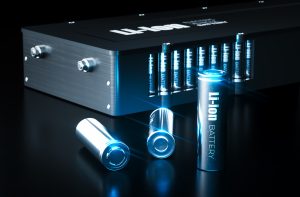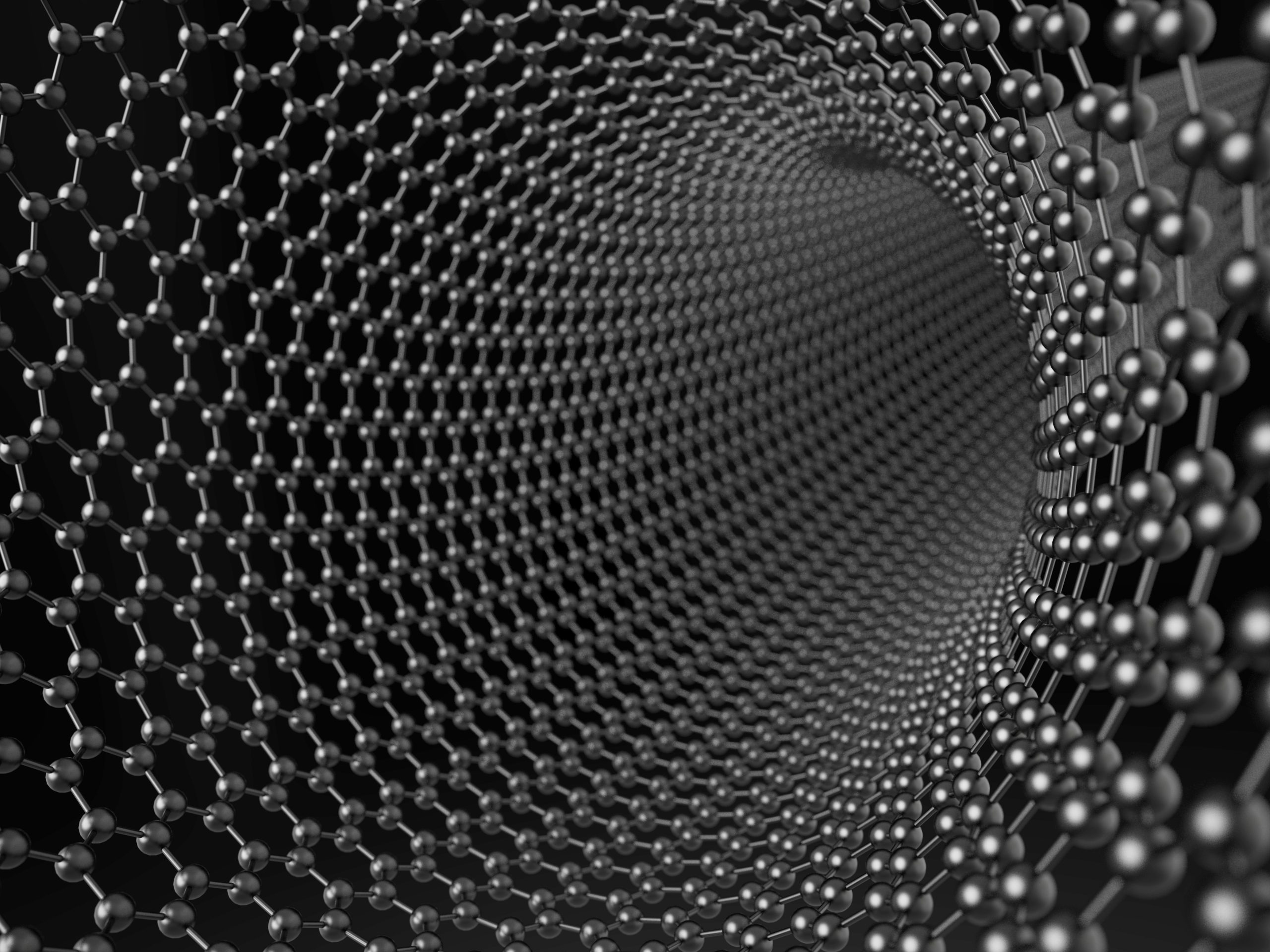 Submission deadline: May 14
Submission deadline: May 14
If you missed the opportunity to submit your abstract, and are interested in participating in our digital event, it is not too late!
The 239th ECS and 18th IMCS meetings will be held and scheduled as fully digital events. Rather than travelling to Chicago, all presenting authors are requested to submit digital presentation files (video, and/or slide deck or poster) in advance of the meeting. These materials will be available to all global attendees for on-demand viewing throughout the meeting dates.
The submission site for late presentations is currently open. Make sure to submit your abstract before May 14. (more…)







 Topic Close-up #9
Topic Close-up #9
